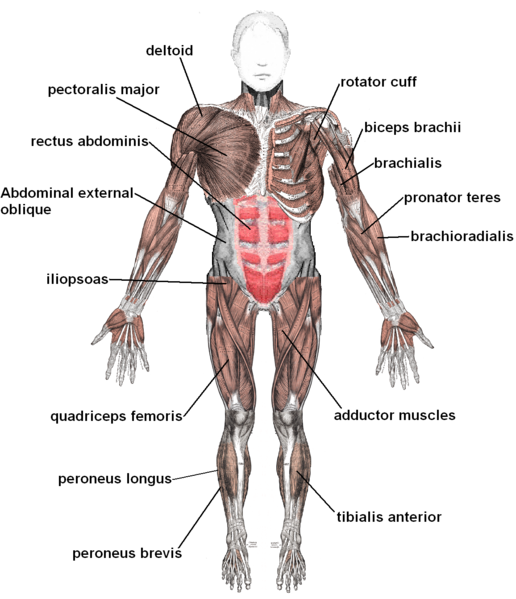Also known as mucocutaneous lymph node syndrome.
Kawasaki disease is a rare childhood disease. It makes the walls of the blood vessels throughout the body become inflamed. It can affect any type of blood vessel, including the arteries, veins and capillaries. No one knows what causes Kawasaki disease. Symptoms include
- High fever
- Swollen lymph nodes in the neck
- A rash on the mid-section and genital area
- Red, dry, cracked lips and a red, swollen tongue
- Red, swollen palms of the hands and soles of the feet
- Redness of the eyes
Kawasaki disease can’t be passed from one child to another. It is mainly treated with medicines. Rarely, medical procedures and surgery also may be used for children whose coronary arteries are affected.
Kawasaki disease can’t be prevented. However, most children who develop the disease fully recover — usually within weeks of getting signs and symptoms. Further problems are rare.
NIH: National Heart, Lung, and Blood Institute
 howMed Know Yourself
howMed Know Yourself


